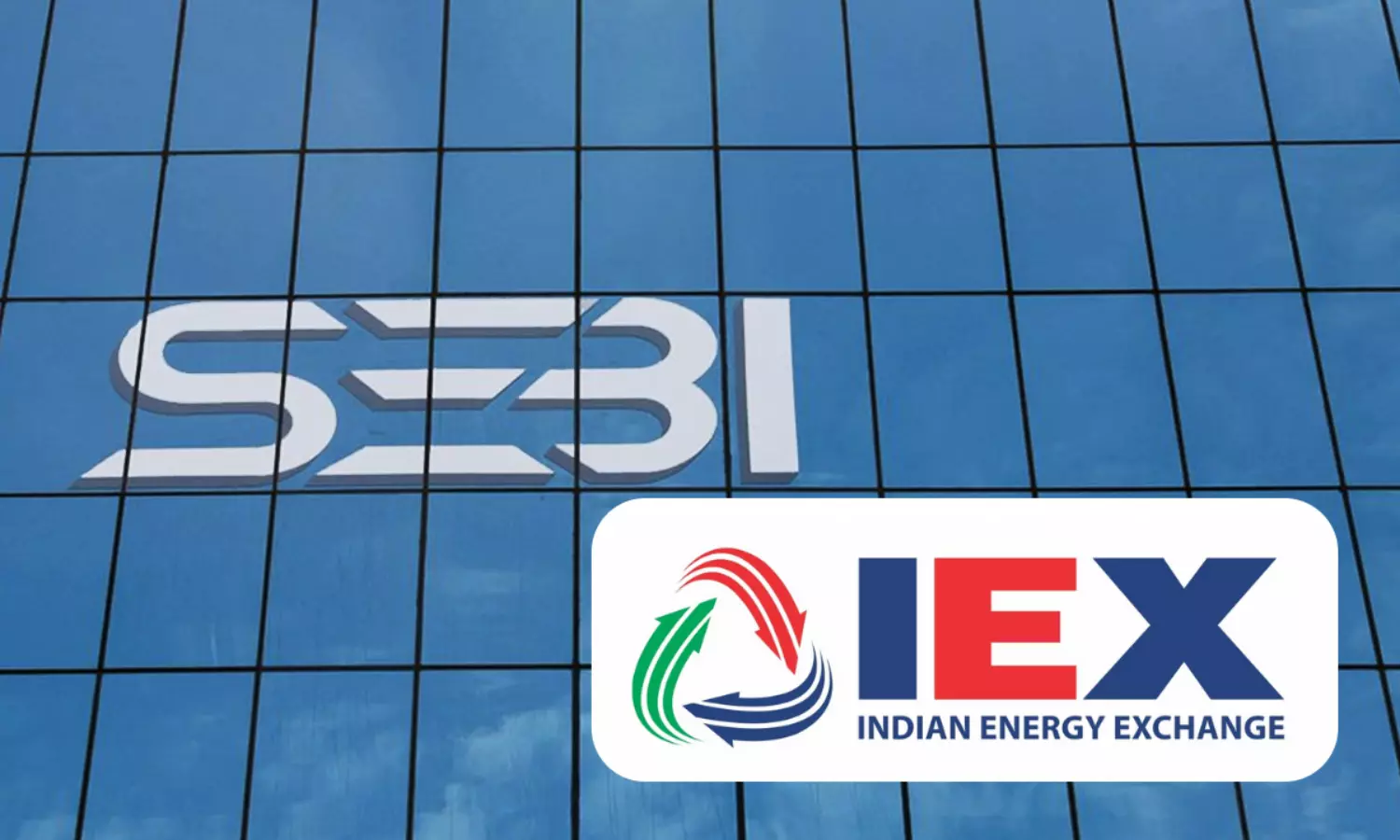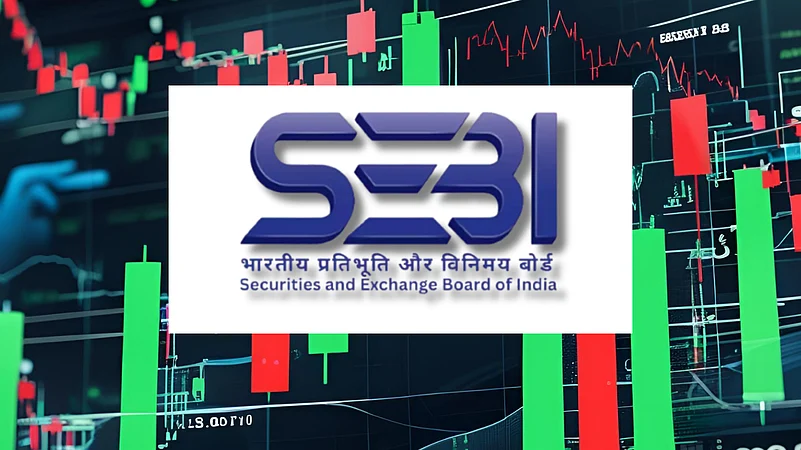In the wake of the shocking insider trading scandal involving officials from the Central Electricity Regulatory Commission (CERC), the Securities and Exchange Board of India (SEBI) is rolling out a nationwide sensitisation campaign to prevent similar incidents across India’s regulatory ecosystem.
The move marks a strategic shift from enforcement to prevention — focusing on awareness, accountability, and secure handling of Unpublished Price Sensitive Information (UPSI).
SEBI’s New Preventive Strategy
According to senior officials, SEBI will soon begin outreach programmes with key regulatory institutions — including the RBI, TRAI, IRDAI, PFRDA, and CERC — to educate them about the risks of insider information misuse.
“Many leaks aren’t deliberate but stem from ignorance or weak systems,” a SEBI official said. “We want to build a culture where every regulator and executive understands the consequences of mishandling market-sensitive data.”
The initiative follows the CERC–IEX insider trading case, the first instance in India where regulatory officials were directly named in a market abuse investigation.
Inside the CERC–IEX Insider Trading Case
In May, SEBI’s investigation exposed an alleged insider trading network that generated illegal profits worth ₹173 crore in just six weeks, using UPSI related to “market coupling” — a proposed mechanism that could have reshaped the Indian Energy Exchange (IEX) business model.
A CERC official’s family member reportedly accessed confidential details of policy drafts, later using them for stock trading. SEBI’s interim order barred eight individuals and directed that the findings be shared with CERC for internal action.
SEBI Chairman’s Strong Message: ‘Confidentiality Is Non-Negotiable’
At a recent compliance meet with bank CEOs, SEBI Chairman Tuhin Kanta Pandey reinforced the need for stronger internal vigilance.
“Market integrity depends on trust,” Pandey said. “Even unintentional leaks can destroy investor confidence and erode shareholder wealth. Confidentiality must be absolute.”
This aligns with SEBI’s earlier internal clean-ups — such as the Pyramid Saimira case, where an employee was dismissed for colluding with promoters.

Experts Demand Stronger Compliance Within Regulators
Governance specialist Makarand Joshi, Founder-Partner at MMJC & Associates, noted that PIT (Prohibition of Insider Trading) Regulations are applicable to any entity that handles UPSI — including regulators themselves.
“Regulatory institutions must have robust internal firewalls, controlled access to policy drafts, and strict confidentiality audits,” Joshi said.
Building a Culture of Integrity
The CERC episode has served as a wake-up call — exposing how sensitive policy data, when mishandled, can shake public trust and market stability.
SEBI’s new approach, blending education, sensitisation, and accountability, reflects a forward-looking governance model aimed at preventing misconduct before it occurs.
If implemented effectively, this initiative could set a new benchmark for ethical conduct, enhance investor protection, and reinforce confidence in India’s capital market framework.


